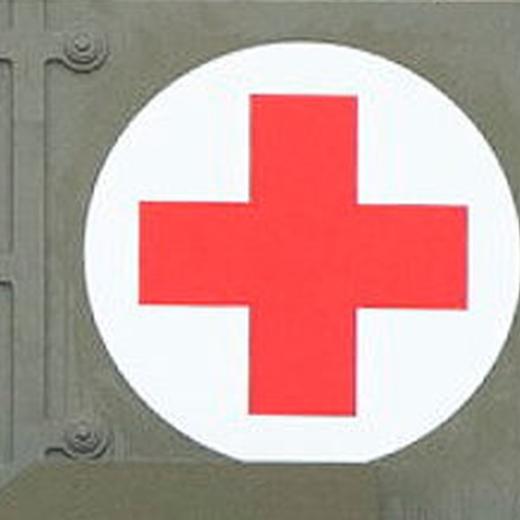BLUF
A study by the University of Sydney reveals how our voices change when wearing a face mask and how that can hinder verbal communication.Summary
Face masks are essential in combating COVID-19, but many of us have realised the effect a face mask can have on communication. Research from Sydney University has revealed how wearing a mask affects speech and how it affects the way others hear us. Sydney University’s Voice Research Laboratory has discovered that masks primarily affect sounds with higher frequencies, generally related to the transmission of consonants. This research indicates that this is probably because we use our voice to produce vowels. In contrast, it is air turbulence—and not the vocal cords—that produce ‘voiceless consonants’, which are more likely to be lost at higher frequencies—particularly when wearing a mask. The findings suggested ‘over articulating’ or exaggerated articulation was probably the best way to improve verbal communication when wearing a mask; however, further research is still needed to confirm these findings.
References
- May 2020 The Guardian The eyes have it: communication and face masks
- June 2020 BBC How face masks affect our communication
- Mar 2021 Forbes Clear Masks Enhance Patient Communication And Build Trust, Study Finds
- Mar 2021 Global News ‘Up your eyebrow game’: UBC expert gives tips for better communication while wearing a face mask





